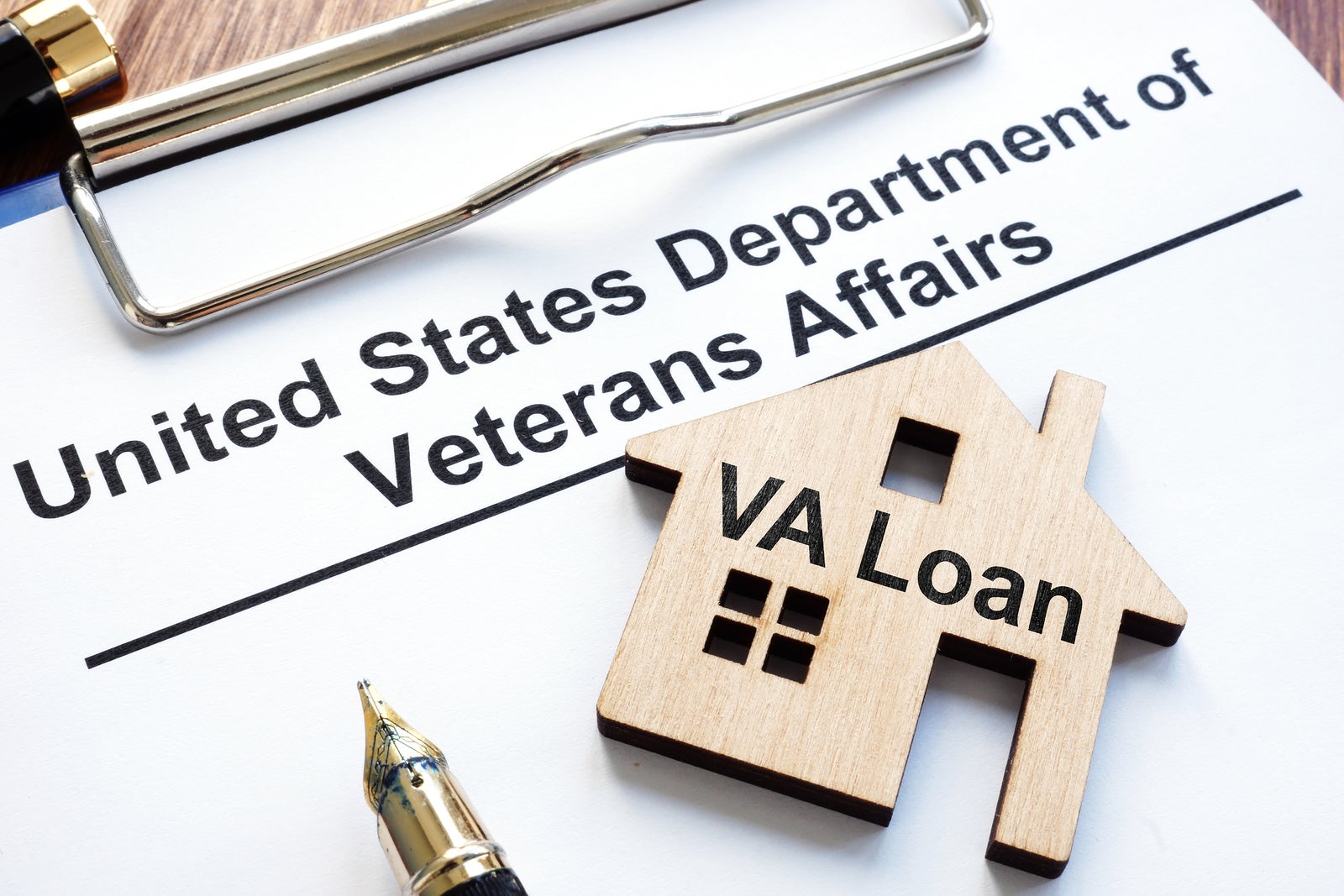
As the economic effects of social distancing and shelter-in-place are felt across the country, many are left unemployed and struggling to find supplemental income. While this is a tough time for many Americans, this is also a much needed pause in time that aspiring veteran entrepreneurs can take advantage of.
While it may be difficult to get an entire new business up and running, veterans looking for extra income can use this time to start creating their business plans and conducting long term research and planning. Identifying the resources you need to get a business in place is half the work. With this forced pause, veteran entrepreneurs can start browsing through the following resources to try and get their businesses poised for success when social distancing inevitably comes to a halt.
The following are six resources for veterans looking to start a business in 2020 after social distancing.
1. Veteran Freelance Resources to Help Your Business Get a Start
Veterans have many options when their tours end. Some veterans choose to find full-time employment. Others want to start a business of their own.
Entrepreneurship enables veterans to enjoy a flexible schedule and work with multiple clients. The Veteran’s Guide to Freelancing: Benefits, Careers, and Resources is an invaluable tool for veterans struggling to reenter civilian life as entrepreneurs.
2. Office of Veterans Business Development
The Office of Veterans Business Development (OVBD) enables former soldiers to make the most of available small business resources that are designed explicitly to serve their interests. The OVBD also extends services to the dependents and survivors of veterans.
The office serves as a liaison between veterans and the Small Business Administration. For example, they offer the analysis of policies and reporting and serve as a watchdog to protect the interests of veterans. The OVBD also offers counseling, training and mentorship. Also, they oversee federal procurement initiatives for veteran-owned and service-disabled veteran-owned small enterprises.
3. Small Business Loans Just for Veterans
The bottom-line is an issue for any entrepreneur. Veterans, however, have access to more financing options compared to civilians. Veteran-owned small businesses are faced with more financial challenges compared to private enterprises. Fortunately, there are government programs that require businesses to invest a certain amount of money to help veteran-owned small businesses overcome financial obstacles.
Vets can apply for financing earmarked specifically for their business needs.
As an example, the SBA offers the SBA Express loan program. It provides veterans with a fee waiver and expedites the approval process for loans that equal up to $350,000. The program also offers veterans a reduced fee on loans. You can find out more about financing for veterans by researching the SBA’s 7 (a) Loan Program.
4. Small Business Association Veterans Section
In general, the Small Business Administration Veterans Section offers enhanced support for veterans who want to enter the world of entrepreneurship. Through the organization, you can find information about funding, training and federal contracting earmarked for veterans.
The SBA offers veterans benefits such as access to capital, business planning and small business opportunities. They also aid veterans in connecting with federal procurement and commercial supply chains. Through the Veterans Business Outreach Center Program (VBOC), the OVBD manages Veterans Business Outreach Centers across the United States.
5. Starting a Business Can be Stressful. Don’t Forget Your Health!
There were more than half a million working-age veterans between the ages of 19 to 64 without health insurance in 2016. This circumstance is regrettable, as there are many health insurance options available for former military personnel. For instance, the federal government grants coverage to veterans, according to their service, and veterans can also access private health insurance through employers. Additionally, veterans can access health insurance through Medicaid. Nevertheless, too many veterans are unaware of all the ways to access health insurance in the United States.
6. Veterans Business Outreach Center
You may have a once-in-a-lifetime idea. Don’t worry about someone taking your idea, but do get help from someone who’s there specifically to help you launch your enterprise.
For example, the small business administration can help you register, file and launch your enterprise. They can also help you learn how to operate your business to position yourself for sustainable growth.
In the future, SBA consultants can help you find funding, real estate and customers that will help your business grow. You’ll always have access to free counseling through SBA partnerships and experts.
Veterans develop specialized skills that give them a distinct advantage in entrepreneurialism. Many organizations seek the skills of former soldiers for this reason. Alternatively, a growing number of veterans are using their skills to launch their own successful enterprises. Like anyone, however, who wants to start a business, veterans need funding and expert advice to succeed.
3340 Views












